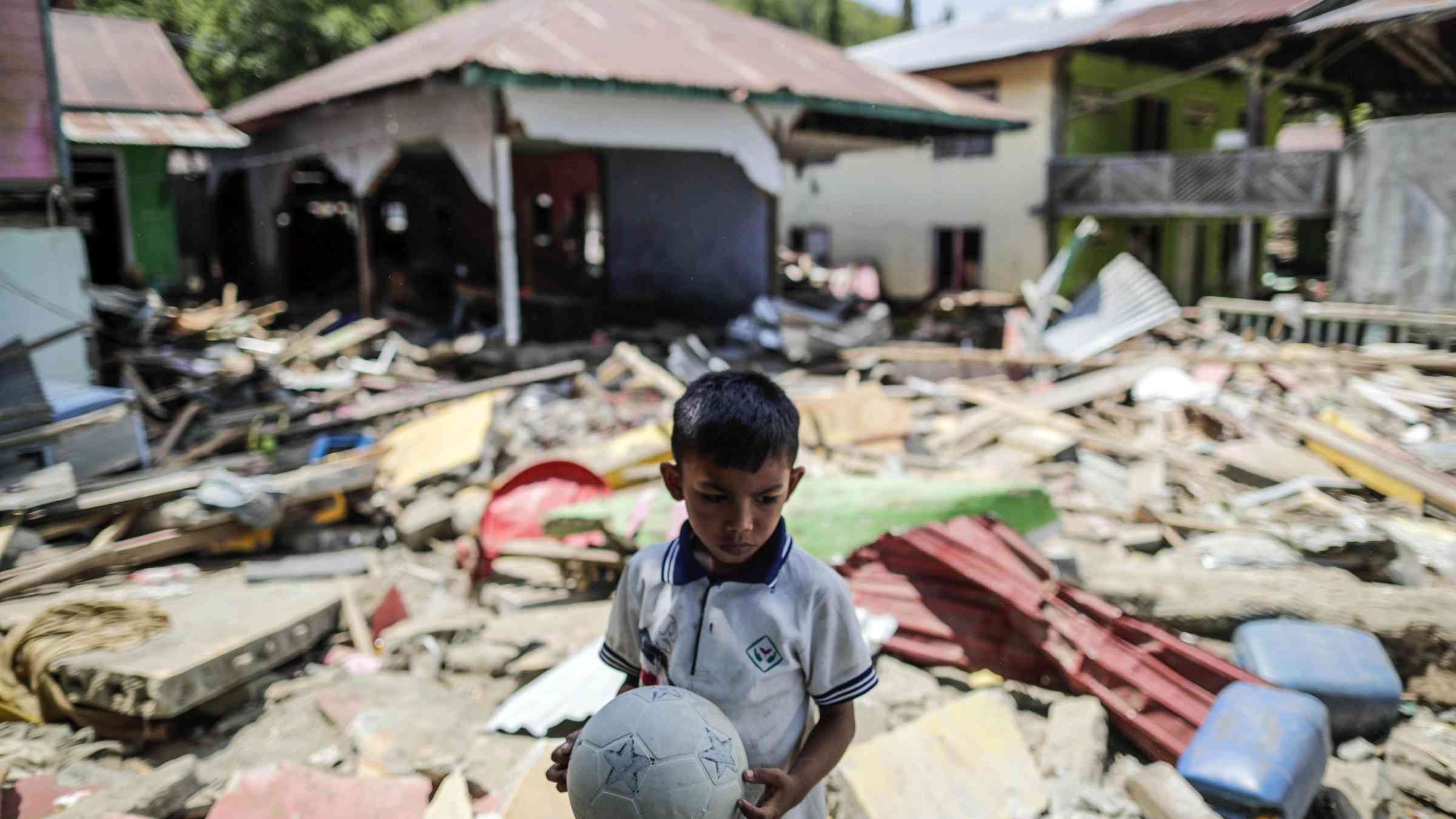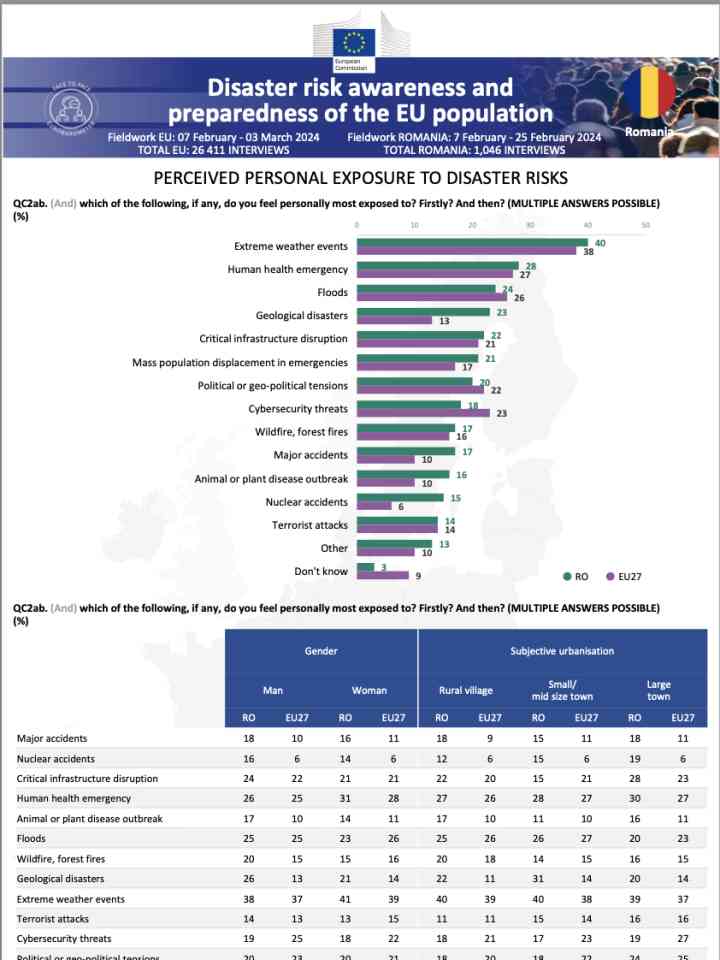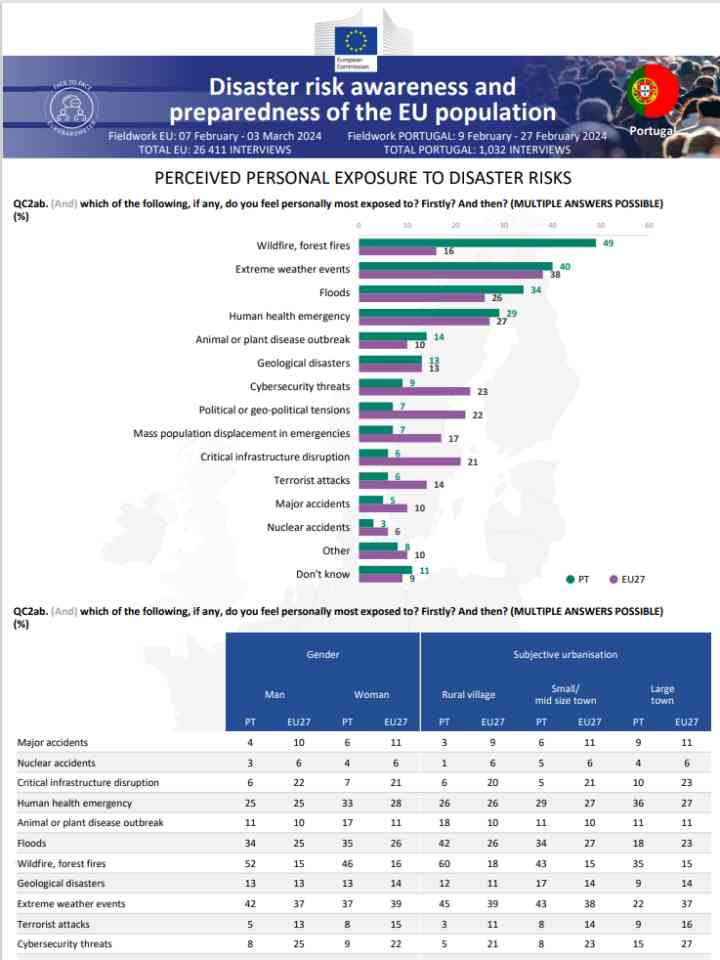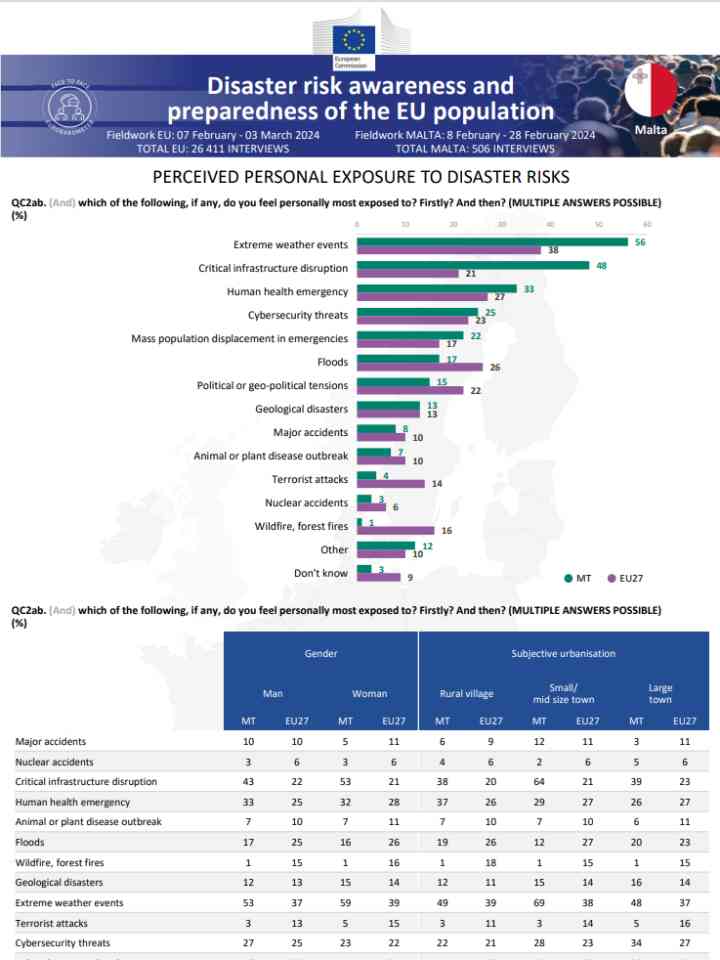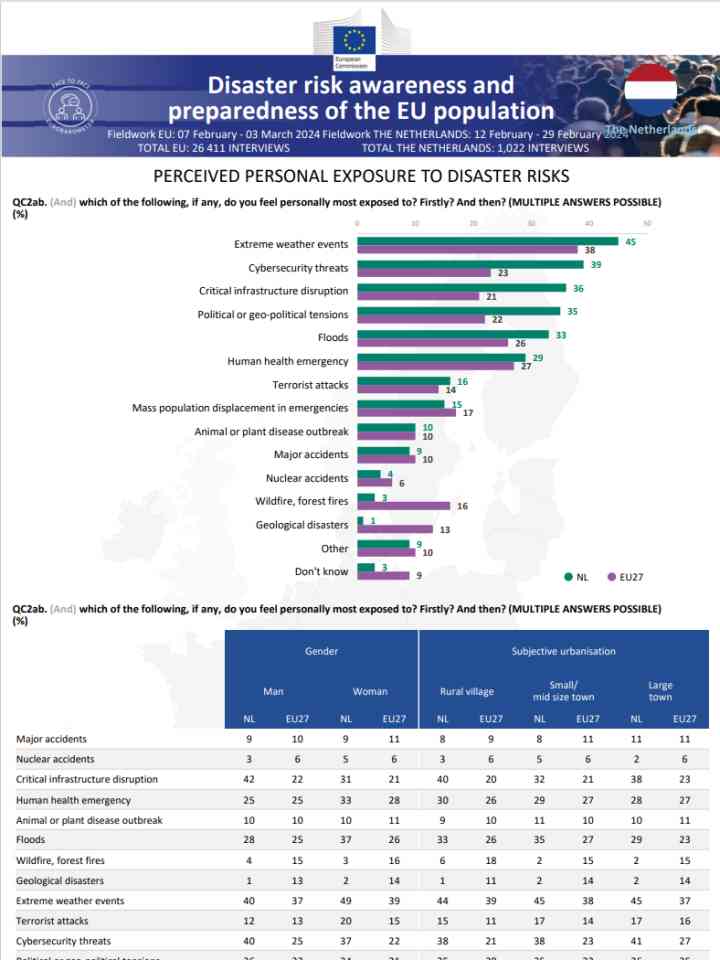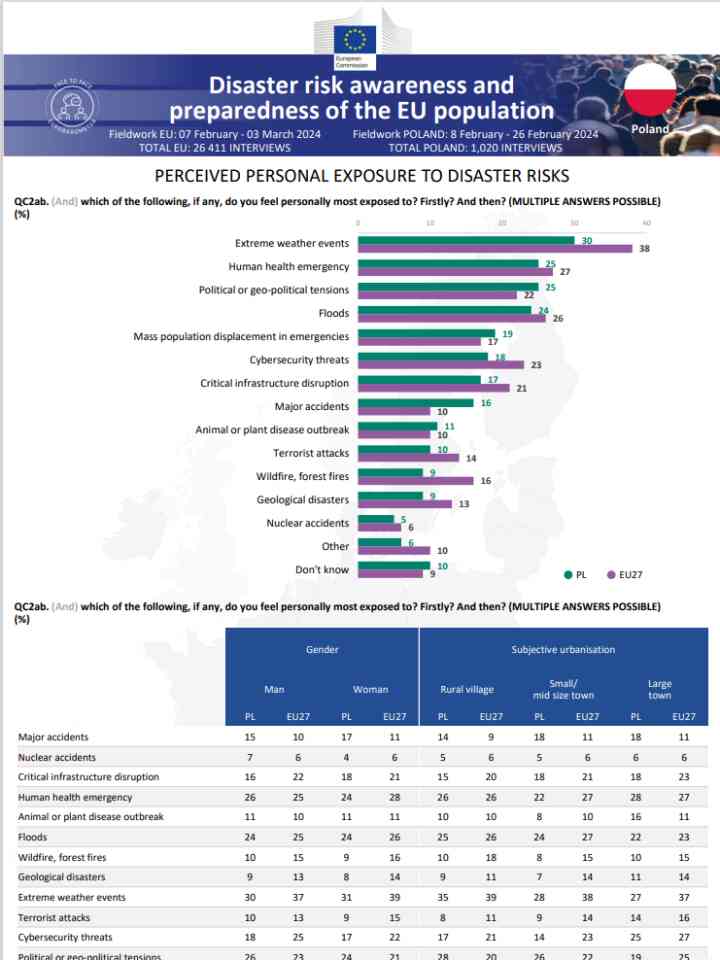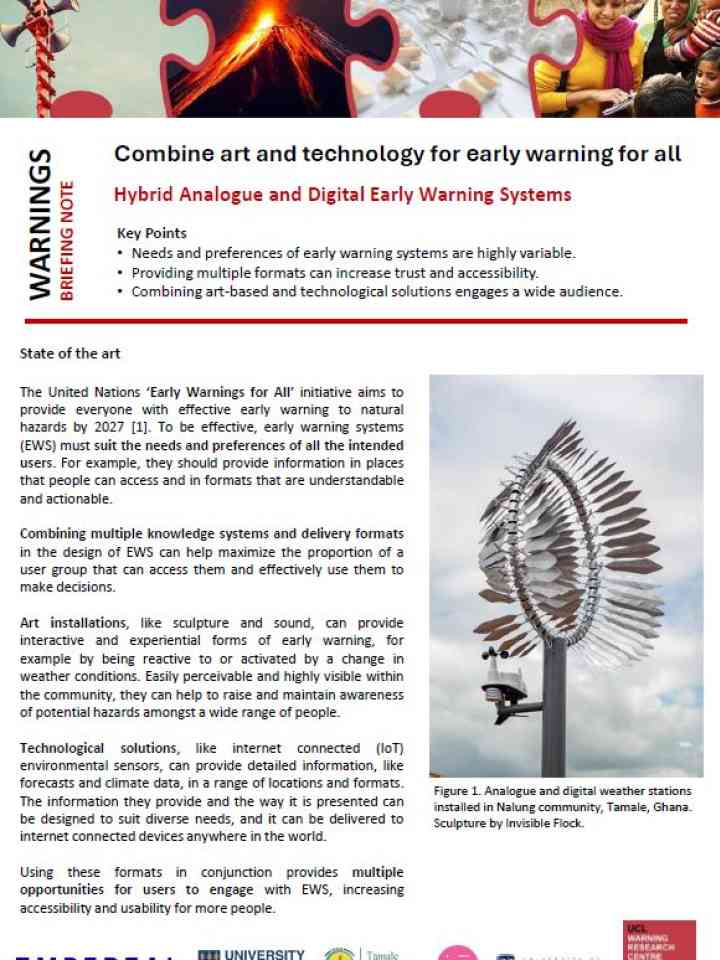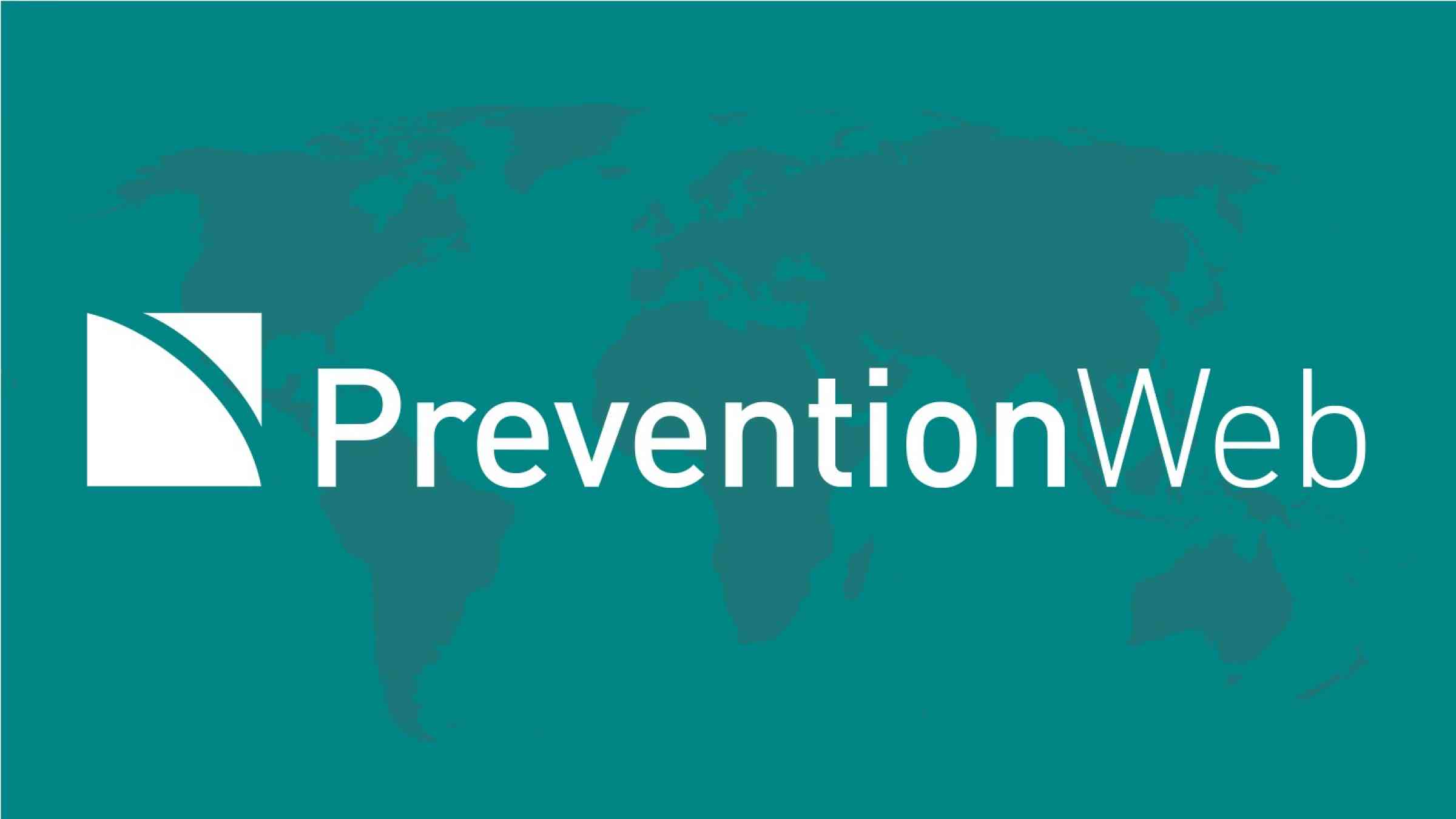Advocacy and media
This theme covers advocacy and awareness raising of disaster risk reduction (DRR) including through traditional and new media, as well as guidance for journalists reporting on disasters, guidance on communicating about climate change and extreme weather attribution.
Visit the Risk Media Hub: a toolkit for news media professionals reporting on disasters and resilience. he toolkit provides an array of resources to help journalists tell the other side of the disaster story and raise critical questions to help societies become more resilient.
Explore the Disaster Risk Communication Hub: the risk communication hub aims to support practitioners - from any sector - who are planning public risk communication strategies with the general public.
